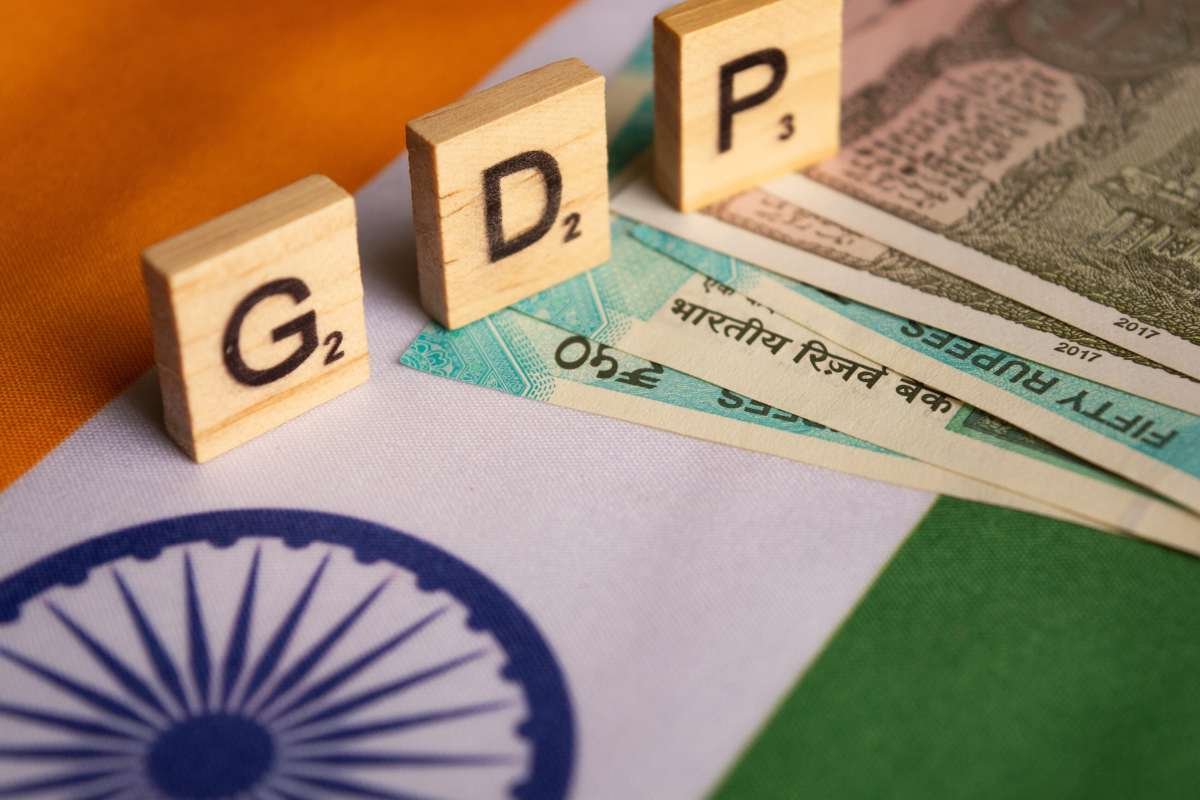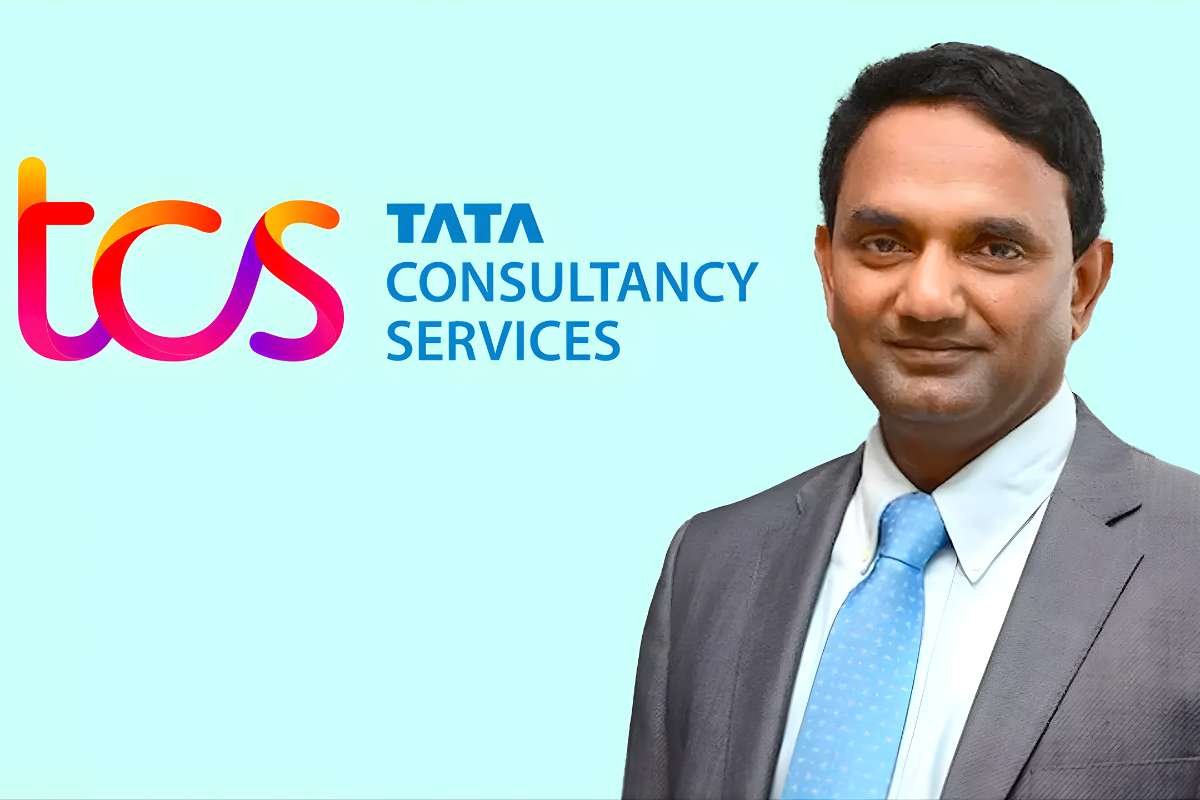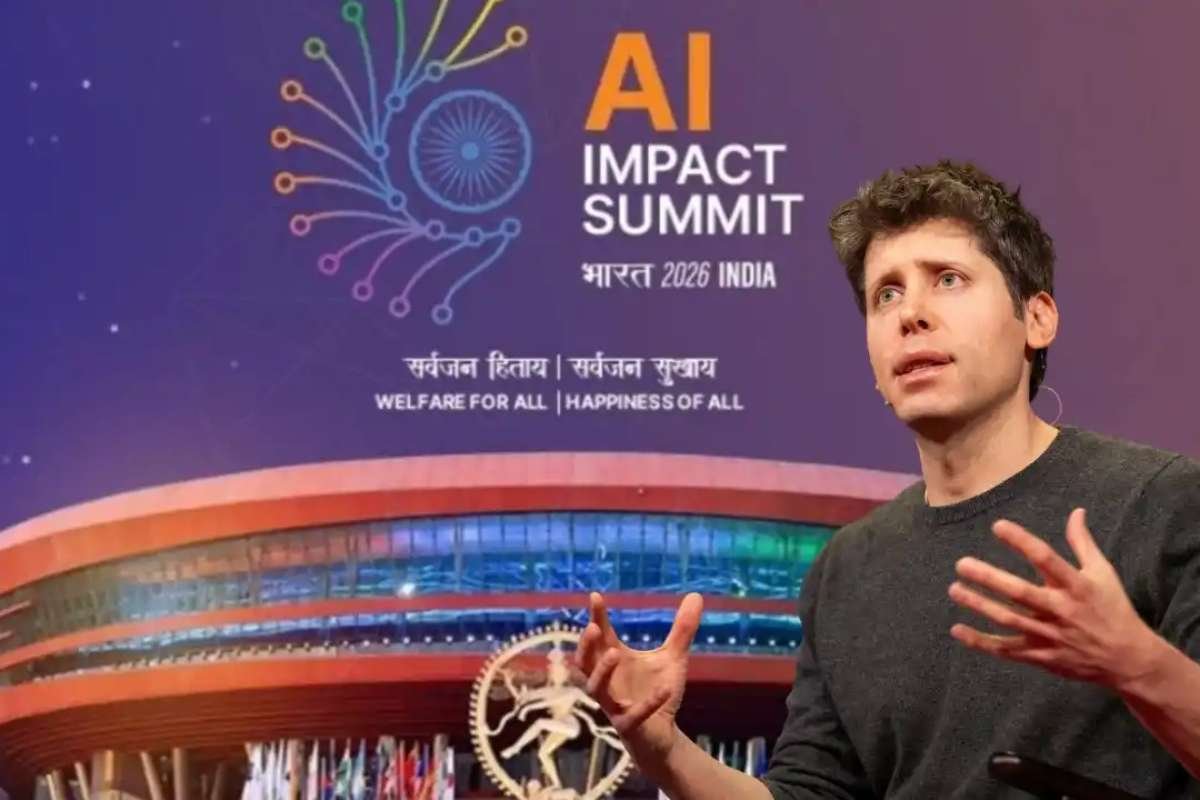Minister Calls for Rethink in Startup Priorities
Union Commerce Minister Piyush Goyal delivered a pointed critique of India’s startup ecosystem, urging entrepreneurs to move beyond consumer-focused services like food delivery and instead concentrate on high-tech industries such as artificial intelligence, semiconductors, and battery technology. Speaking at the Startup Maha Kumbh on Thursday, Goyal expressed disappointment over what he called a narrow vision for innovation in the country.
“Are we only meant to do ‘dukaandari’? Are we happy making chips and ice cream?” Goyal asked rhetorically, calling out the current dominance of gig economy startups over deep-tech ventures. While acknowledging India’s position as the third-largest startup hub in the world—with over 1.57 lakh recognized startups and more than 100 unicorns—he questioned the long-term value being created. “This is not innovation. This is not real entrepreneurship,” he asserted.
Piyush Goyal emphasized the need for Indian startups to build technologies that can shape the future, echoing the advancements being made by startups in countries like China. He lamented that many Indian entrepreneurs are selling promising ideas for as little as ₹25–50 lakh to foreign companies, instead of building globally competitive enterprises in India.
Backlash from Startup Community
The minister’s comments sparked swift reactions from leaders in the startup ecosystem. Zepto co-founder and CEO Aadit Palicha criticized Goyal’s remarks on X (formerly Twitter), stating that dismissing consumer tech ventures was counterproductive. “We need to build great local champions in internet commerce that can one day fuel technological revolutions. Criticizing teams working hard in these sectors doesn’t help,” Palicha said.
He further stressed that building cash-flow positive consumer internet companies is a critical step before Indian startups can transition into more complex, capital-intensive sectors like deep-tech. Palicha urged the government and major capital holders in India to support rather than deride homegrown ventures.
Backing this sentiment, former Infosys CFO Mohandas Pai also voiced his disapproval of Piyush Goyal’s remarks. Pai questioned what the government had done to actively support deep-tech entrepreneurship in the country. “These comparisons are flawed,” he said. “Rather than belittling startups, the Minister should reflect on his own contributions to enabling their growth.”
Policy Support and Structural Challenges in Focus
Pai highlighted several systemic challenges faced by startups in India, particularly those venturing into cutting-edge technologies. He criticized the government’s regulatory framework, noting that startups had long struggled under the weight of the Angel Tax and faced roadblocks from financial regulators. “Insurance companies and endowments still don’t invest in startups as they do globally,” he added, calling out restrictions from the Reserve Bank of India and the Ministry of Finance.
While Goyal’s remarks may have been intended as a call to elevate the national vision for innovation, the response from the startup community suggests a deeper need for collaborative policymaking and realistic expectations. The debate has reignited conversations around the need for robust policy support to diversify India’s startup focus beyond consumer services while recognizing the foundational role these businesses play in building a sustainable innovation ecosystem.








